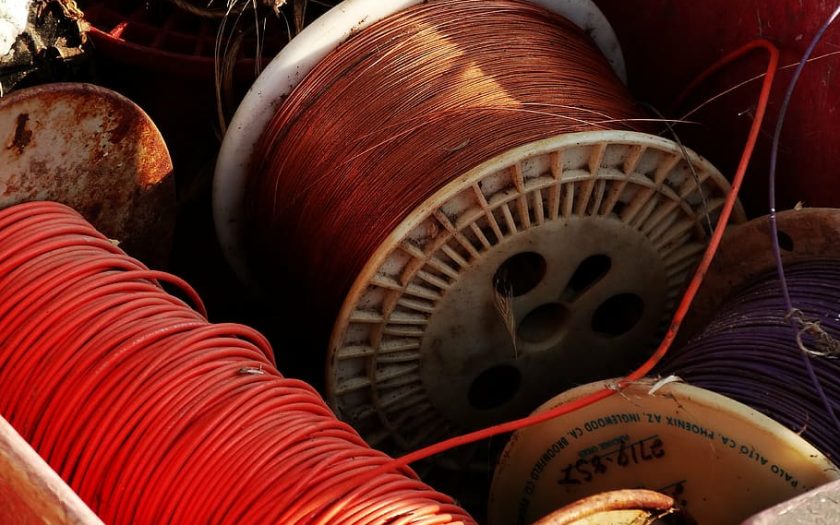In the ever-evolving world of electronics, innovation is the name of the game. Engineers and scientists are constantly seeking new materials and technologies to enhance the performance, efficiency, and reliability of electronic devices. One such innovation that has been making waves in recent years is copper coated film, a cutting-edge material with the potential to revolutionize the electronics industry. In this blog post, we’ll explore the incredible power of copper-coated film and how it is changing the landscape of electronic devices.
The Role of Copper in Electronics
Copper has long been a critical component in the world of electronics. Its excellent electrical conductivity, thermal conductivity, and corrosion resistance make it an ideal material for electrical wiring, connectors, and printed circuit boards (PCBs). The vast majority of electronic devices, from smartphones to laptops to industrial machinery, rely on copper components to function efficiently.
However, as electronic devices become increasingly compact and complex, the need for more advanced materials and techniques becomes apparent. This is where copper-coated film enters the picture.
Understanding Copper-Coated Film
Copper-coated film, also known as copper-clad film or copper-clad laminate, is a thin layer of copper that is applied to a non-metallic substrate, such as a plastic or fiberglass material. This film can vary in thickness, with options ranging from just a few micrometers to several millimeters. The copper layer is typically bonded to the substrate using advanced manufacturing processes, resulting in a strong and durable material.
Advantages of Copper-Coated Film
1. Miniaturization of Electronics
One of the primary advantages of copper-coated film is its ability to enable the miniaturization of electronic devices. As devices become smaller and more compact, traditional copper wires and PCBs may no longer be feasible due to their size and weight. Copper-coated film allows for the creation of flexible and lightweight circuits that can be seamlessly integrated into smaller devices.
2. Enhanced Performance
Copper-coated film offers excellent electrical conductivity, which translates to improved performance in electronic devices. The low resistance of copper ensures that signals can travel quickly and efficiently across circuits, reducing latency and enhancing overall device performance. This is particularly important in high-frequency applications such as 5G communication and advanced sensor technology.
3. Thermal Management
Electronic devices generate heat during operation, and efficient heat dissipation is crucial to prevent overheating and maintain optimal performance. Copper-coated film’s high thermal conductivity helps dissipate heat effectively, ensuring that electronic components remain within their safe operating temperature ranges. This feature is vital for power electronics, LED lighting, and electric vehicle applications.
4. Durability and Reliability
Copper-coated film is known for its durability and resistance to environmental factors such as moisture and corrosion. This makes it an excellent choice for electronic devices that need to operate in challenging conditions, such as aerospace or automotive applications.
5. Cost-Effective Manufacturing
Manufacturing electronic devices with copper-coated film can be more cost-effective than traditional methods. The ability to print or etch circuits onto flexible substrates reduces material waste and simplifies the manufacturing process, ultimately lowering production costs.
Applications of Copper-Coated Film
The versatility of copper-coated film opens up a wide range of applications in the electronics industry:
- Flexible Electronics: Copper-coated film is ideal for flexible and wearable electronics, where traditional rigid PCBs are not suitable.
- Antennas: Its high conductivity makes copper-coated film an excellent choice for antenna design in wireless communication systems.
- Sensors: Copper-coated film can be used in various sensor applications, from environmental monitoring to medical devices.
- LED Lighting: The thermal management properties of copper-coated film make it a valuable material for LED lighting systems.
- Automotive Electronics: In the automotive industry, copper-coated film can be used in advanced driver-assistance systems (ADAS) and electric vehicle components.
